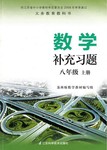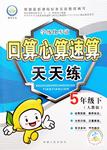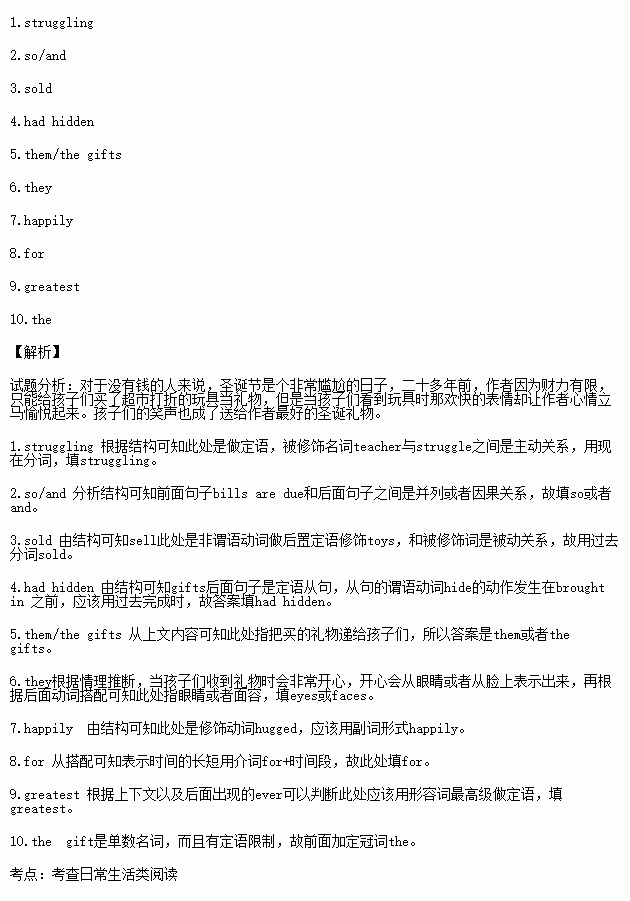题目内容
阅读下面材料,在空白处填入适当的内容(不多于3个单词)或括号内单词的正确形式。
Christmas is no fun when you're poor. Twenty years ago I was a young, 1. (struggle), substitute(替补) teacher whose calls into work had been few.Money was tight, bills were due 2. my wife and I couldn't even afford to get Christmas gifts for each other.The only gifts we could get for our children were a few soft toys that I had found 3. (sell)at half price in the supermarket.I opened the door and brought in the gifts I 4. (hide) in our old car's trunk.Then I handed 5. to my son and daughter.I watched with a sad smile as they did their best to tear off the wrapping paper.As they pulled out their toys, though, I noticed their faces lit up and 6. jumped up and down.My daughter 7. (happy) hugged her toy and then hugged her Mom and me as well.I laughed as I watched my children play with their toys 8. _ hours, and thanked God for the 9. (great) happiness I had ever been given.Till today I still treasure 10. gift of pure love that my son and daughter gave me that day.
 补充习题江苏系列答案
补充习题江苏系列答案 学练快车道口算心算速算天天练系列答案
学练快车道口算心算速算天天练系列答案
